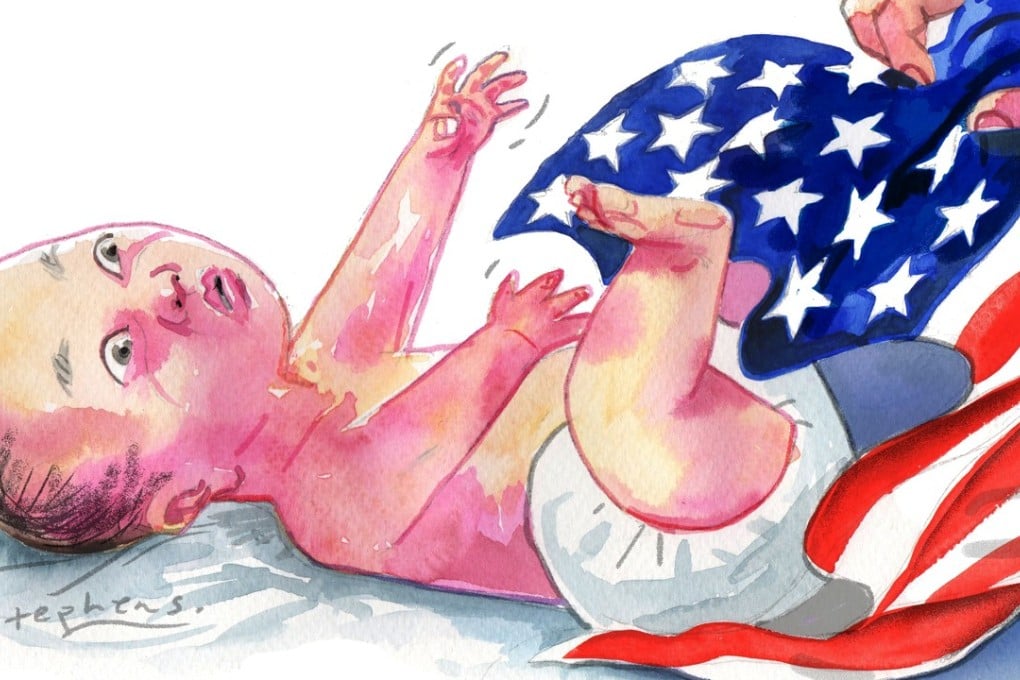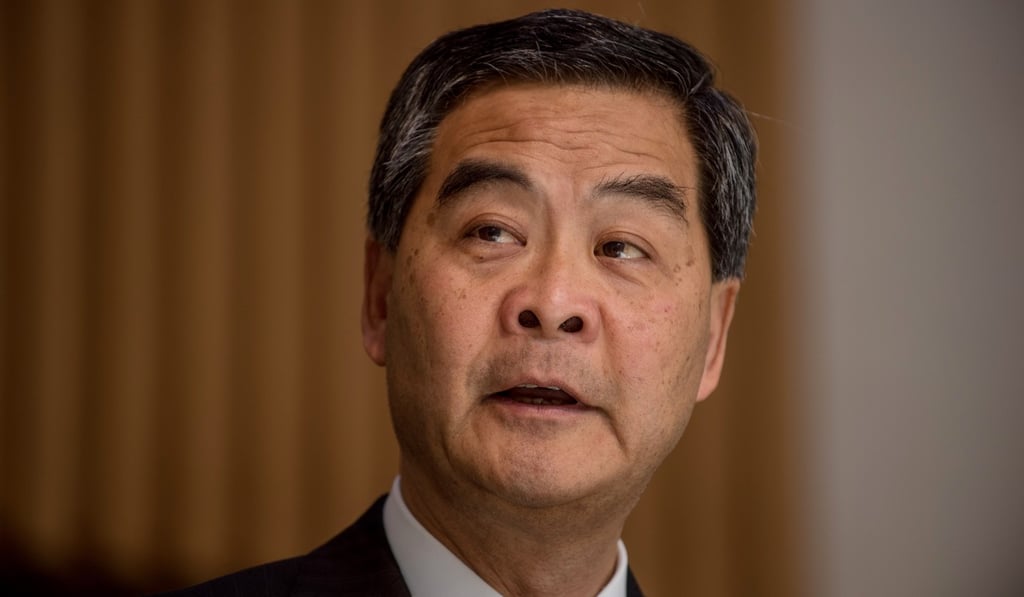Advertisement
Opinion | An end of birthright citizenship in the US and Canada would close more doors for Chinese parents
- Chauncey Jung writes that recent attacks on birthright citizenship are happening as China’s metropolises toughen standards for migrant workers
- For decades, migration has been the key to a better life for many Chinese, and these shifts will hit the middle class especially hard
Reading Time:4 minutes
Why you can trust SCMP

The world seems to have taken birthright citizenship in the United States for granted. Ever since the case of United States v Wong Kim Ark in 1898, in which the son of Chinese immigrants successfully challenged his denial of entry following a trip outside the US, the 14th Amendment to the US Constitution has been interpreted as granting citizenship by birth to every child born in the US, regardless of race, ethnicity or parents’ nationality.
Donald Trump’s recent remarks may be a wake-up call. In an interview last week, Trump vowed to use an executive order to end the US’ tradition of birthright citizenship. If this were the case, newborn children of immigrants, even those with legal status in the US, would be denied US citizenship.
It is obvious that Trump’s executive order, if issued, would face harsh media criticism and legal challenges. Many argue that the 14th Amendment still safeguards birthright citizenship for all newborn babies on American soil. Be it a targeted policy against foreign nationals’ birth tourism or simply a reinforcement for Trump’s “America first” views, it clearly shows Trump’s hostility towards foreign nationals living and working in the US, regardless of their actual immigration status.
Advertisement
However, this is not the only attack on birthright citizenship; the opposition Conservative Party of Canada has announced its support for ending the practice as well. Unlike in the US, changes regarding the Canadian Citizenship Act might not necessarily trigger a constitutional challenge. If the Conservative Party wins the 2019 federal election, the new government in Canada will have a better chance of ending the country’s birthright citizenship policy.
Many readers might be familiar with the change in birthplace permanent residency in Hong Kong, after the Leung Chun-ying government halted birth tourism by putting in place a “zero-quota” policy to stop mainland women from giving birth in Hong Kong. The policy came into effect in 2013 after a public backlash against pregnant mainland Chinese women taking up Hong Kong’s precious medical resources and welfare benefits.
Advertisement

Advertisement
Select Voice
Select Speed
1.00x
